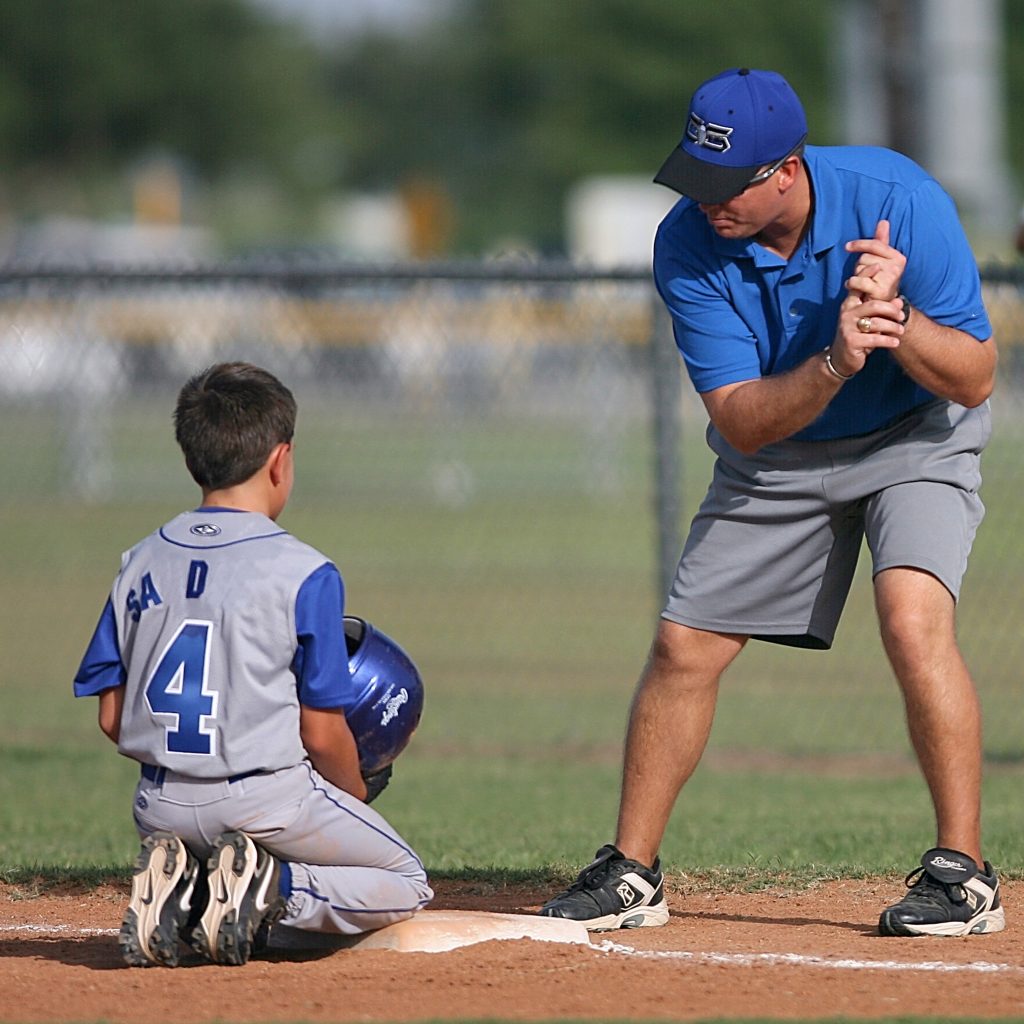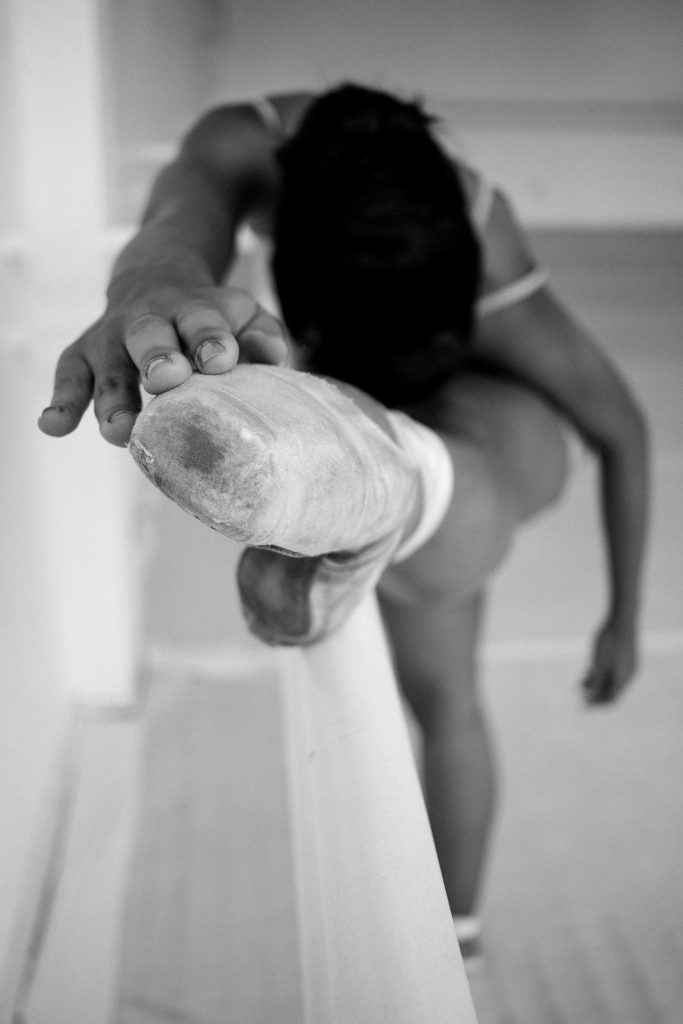Last Updated on May 2, 2022 by Chin Yi Xuan
As a table tennis enthusiast, I have been coaching on and off since my time at university. Now, as a certified coach by the International Table Tennis Federation (ITTF), my focus is mainly on coaching children during the weekends.
Having interacted with children for more than a year now, I have come to realize that acknowledgment, when done properly, could be one’s key to lasting breakthroughs.
Melvin is one of my youngest students during my weekend session. At 6 years old, Melvin has been with me since early this year.
As a relatively new coach, I have been facing one major challenge when it comes to interacting with kids:
Being pretty new with children, my initial assumption was that the more you acknowledge them, the faster they’ll improve. In turn, I have been using words like “Well done” and “Good job” too frequently during my coaching session.
As a result, I actually ‘Well-Done-d’ and ‘Good Job-ed’ Melvin way too much, even when he was only hitting 3 rallies in a row while he could already do more than 10.
In short, what followed was a series of stagnation in progress and improvement.

p
Frustrated with my initial approach, I started to give fewer to none praises. I thought by being more critical, Melvin would eventually improve.
Well, as it turned out, Melvin did not achieve much progress. Even worse, he started to show less interest during the practice.
Luckily for me, I eventually found a crucial balance between when to acknowledge and provide critical feedback for Melvin.
So, knowing that Melvin could hit at least 10 rallies in a row, I set goals that are a little over Melvin’s comfort zone (eg. 11 rallies).
Then, I proceed to acknowledge him whenever he managed to achieve his goals. On the flip side, at times when he is unable to hit his goals, I will provide more constructive feedbacks rather than overpouring him with unconstructive praises.
When that happened, Melvin (along with the other kids) have been able to show steady breakthroughs and interest during the practice.

Alright, so what does that mean for us all?
You see, very much like the story of me coaching Melvin above, we tend to face similar ironies in our daily life:
As a human, we tend to be over-critical with ourselves when it comes to our goals. It could’ve been the failure to achieve your yearly goal of losing 5kg in weight, or missing an important career mark for the year.
Regardless, we tend to self-talk ourselves into thinking that we are ‘not good enough’ when we make some mistakes or fail in our attempt to achieve our goals – a.k.a. demotivating ourselves.

p
On the other hand, on a daily basis, many of us are also prone to making it too easy for ourselves when it comes to the effort of pursuing our goals.
Remember the days when you tried to convince yourself that you have ‘done a good job’ for swimming 3 laps instead of the pre-planned 10? Or the times where you call it a day when you just made 1 presentation rehearsal instead of a decent 3?
In return, so many of us are denied our full potential – not by anyone else, but ourselves.

Now, let’s face it: In life, we don’t always get what we want, but we are most likely going to get what we tolerate. On the flip side, being overly critical to ourselves could also lead to demoralizing self-talks.
Essentially, everyone’s tolerance towards mediocrity and desire towards breakthrough is different. As such, we got to find a balance and the right timing on when to acknowledge our own effort – and pat ourselves on the back.
The problem is, it is easy for us to know when to acknowledge and be constructively critical to someone else. However, it is definitely not the case when it comes to ourselves – YET it is not impossible to do so:
Pat Yourself on the Back to Personal Breakthrough
-
Set realistic goals that are a little over your comfort zone
Firstly, whenever you set to start something – be very realistic with your current capability and dedication.
If you are new to running and you can only practice once a week, you cannot expect yourself to complete your first full-marathon below 4 hours, right?
That said, you could always test your capability by starting with a 5km run, followed by 10km and then 21km before really pursuing a full marathon.
Setting mini targets in line with your final goal is a great way to achieve breakthrough in stages without being overwhelmed.
p
-
Strive to do your best – every single day
I consider this a mindset and attitude in living our lives. Imagine the satisfaction if you end your day knowing that you have given it everything you got – at least it feels much better than the opposite.
Regardless of the outcome of our effort throughout the day – we could have the best day ever, or we could screw up here and there, yet no one could deny us from giving our best.
p
-
Keep a journal on your progress
Very important. Keep your goals in writing and your action plan towards achieving them.
On a daily basis, write down what you are on to do before starting your day, and check them out throughout the day – it is very satisfying!
Keeping a written journal will ensure your focus with your own progress – and appreciate your own effort along the way.
p
-
Once you have done your best, give yourself a pat on the back!
Last but not least, give yourself a well-deserved pat on the back!
Repeat this daily, I am confident that you will achieve some form of breakthrough in terms of progress, skill or mindset real soon.
Hey Wait…
Here’s the thing:
You do not always have to be making huge progress every day. In fact, you should not expect yourself to do so.
At times, there are circumstances where things are simply against our favor regardless of our effort.
That said, doing our best is a mindset. Doing our best is our attitude towards life. Doing our best is a promise that we made to ourselves that, no matter how things turn out to be, we make it a point to not disappoint ourselves by giving everything we got.
Live up with that attitude, and you deserve a huge pat on your back – including the personal breakthrough that follows.
Related Posts
Subscribe to No Money Lah's Newsletter!
Get FREE updates to tips & ideas to live a better and more fulfilling financial life :)
Thank you!
You have successfully joined our subscriber list.
Chin Yi Xuan
Hi there! I am Yi Xuan. I am a writer, personal finance & REIT enthusiast, and a developing trader with the goal to become a full-time funded trader. Every week, I write about my personal learnings & discovery about life, money, and the market.



